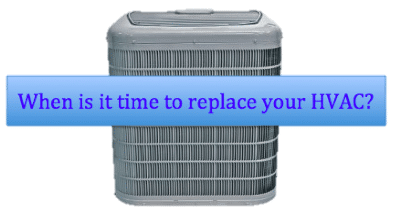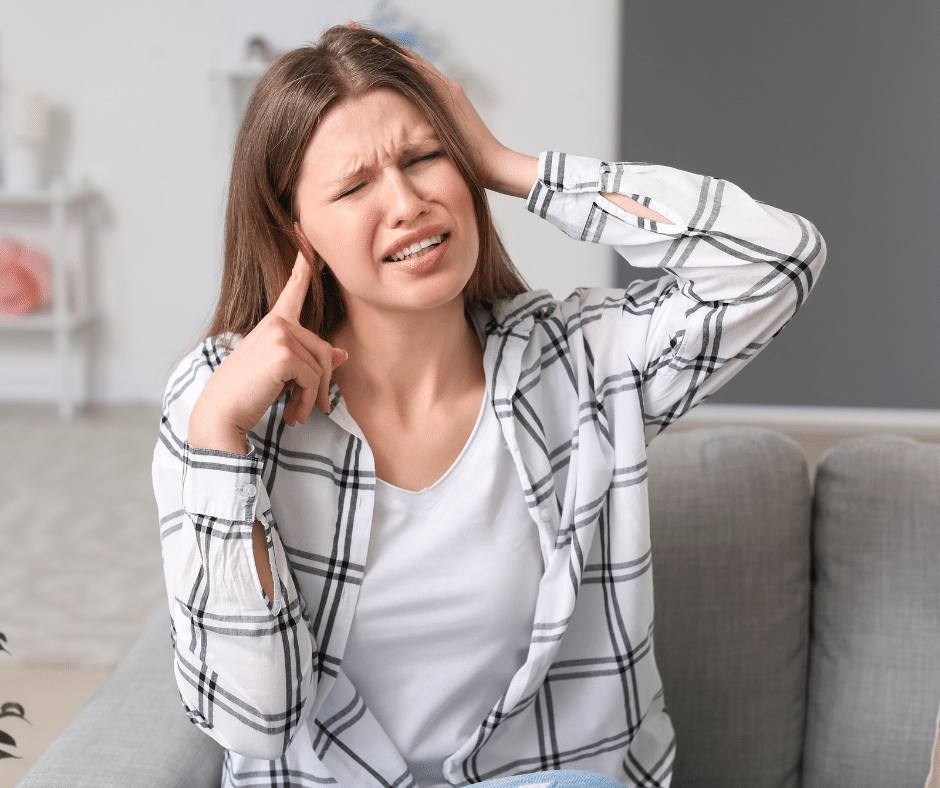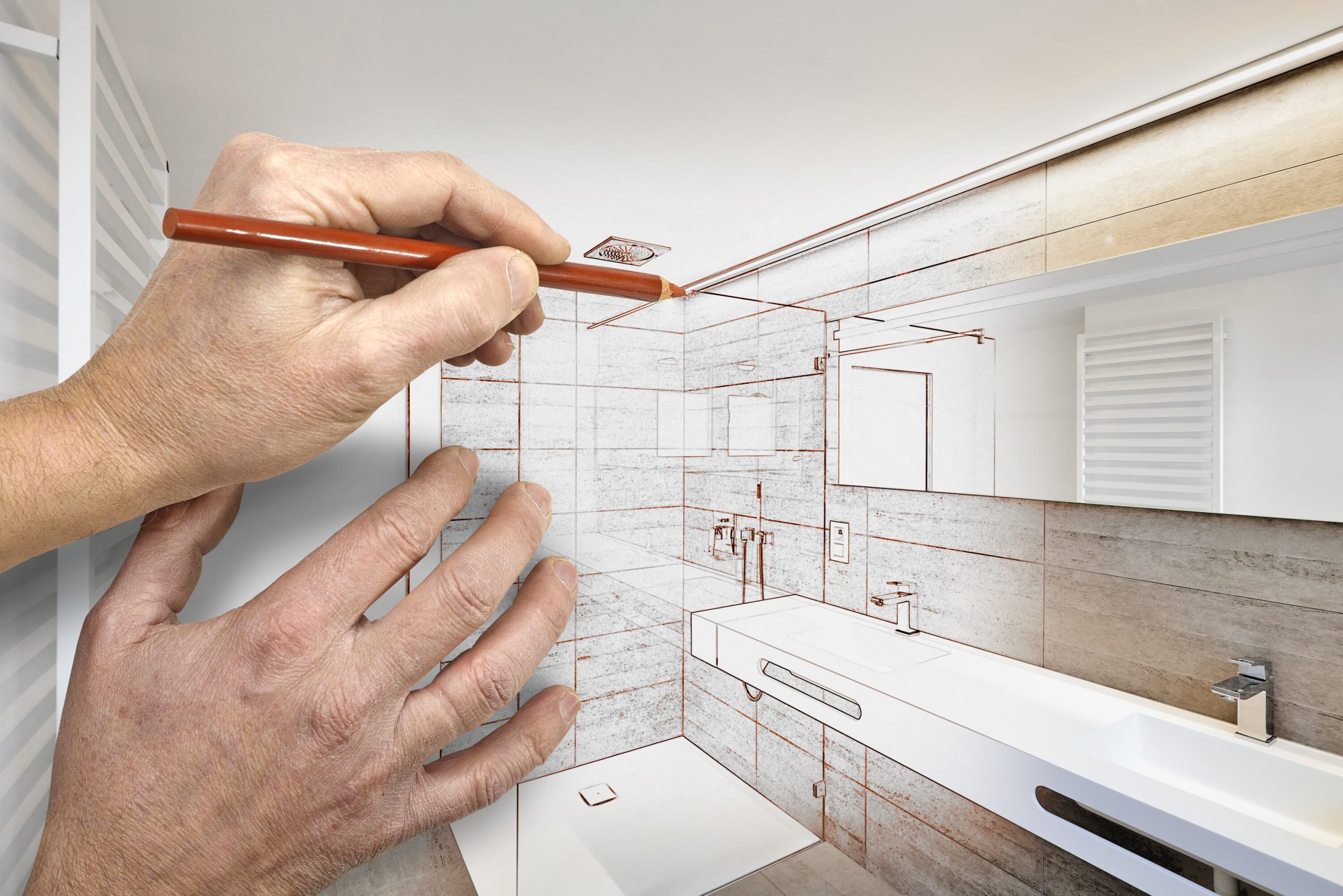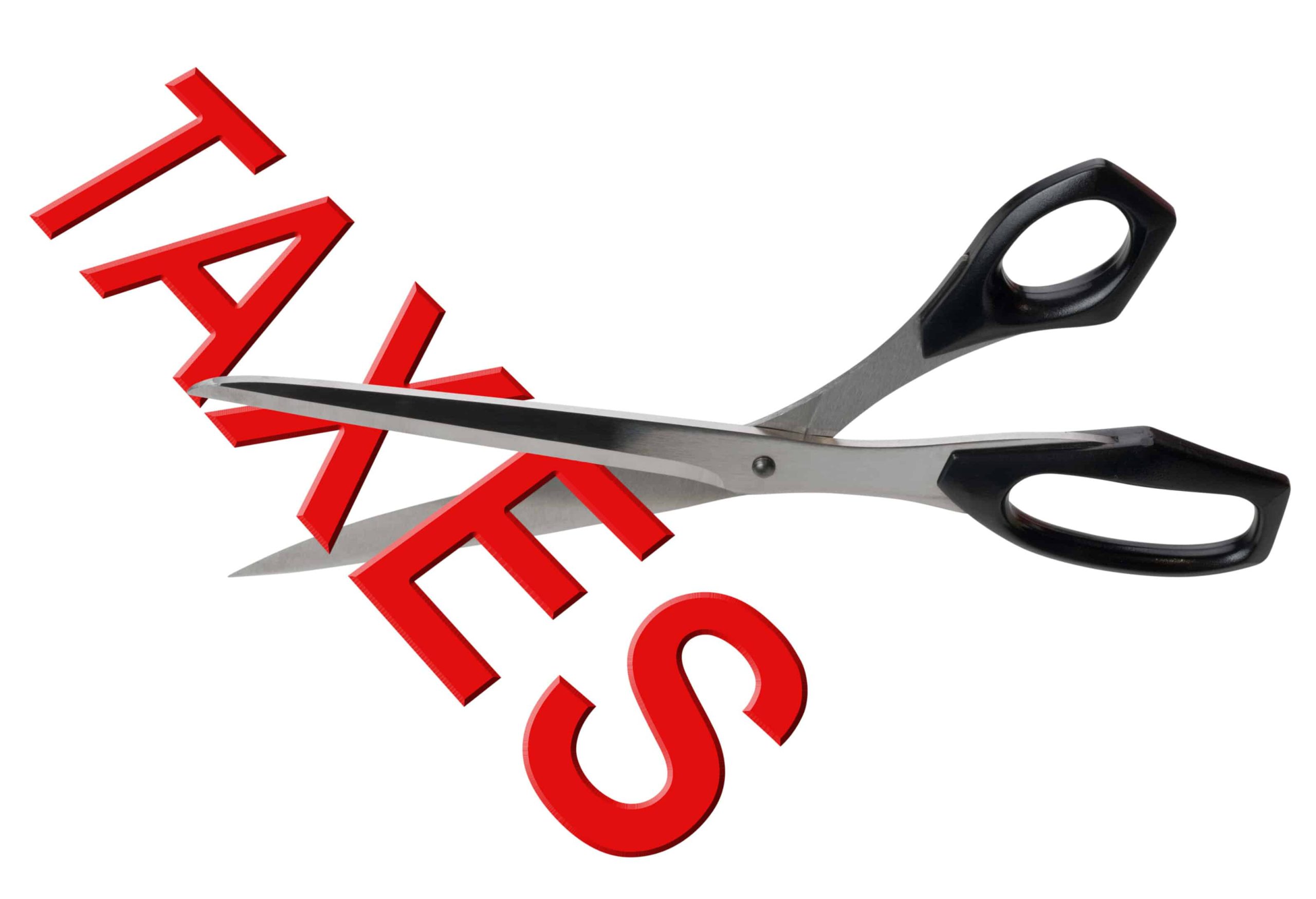5 Reasons Why Your HVAC Unit is Loud Do you find your HVAC unit excessively…

When Should I Replace my HVAC
Replacing your HVAC unit is a big investment. It is one that many people try to put off for as long as possible by repairing units that break down. This approach may save money in the short-term. However, in the long run at some point the time comes to replace the unit. The trouble is—how do you know when you’ve reached that point? Here are a few things to consider.
See Also: Six Simple Steps to Help Your Air Conditioner Work Better
Age
How old is your HVAC unit? Air conditioning units and heat pumps are generally expected to have a lifespan of about 10-12 years. Furnaces may last 15-20 years. If your unit is approaching that age, or past it, pouring more money into repairs may not be a good idea. Some HVAC experts recommend using the “Rule of 5000.” Multiply the cost of the repair times the age of the unit. If the total is over 5000, then it’s probably more cost-effective to replace the unit rather than repairing it.
See Also: How do you Pay for a New HVAC
Need Updating
Was your air conditioner installed prior to 2010? It’s very important to be aware that the refrigerant it’s designed to use, R-22, will be prohibited after January 1, 2020. That means your air conditioner will not be able to repaired or refilled with refrigerant after that date. This could leave you stuck without air conditioning for days while you wait for a new unit to be installed. Your best option is to go ahead and replace your air conditioner with a new model before 2020. Making repairs now on an HVAC unit that will need to be replaced in less than four years anyway is probably not be cost-effective.
See Also: Refrigerants of the Past, Present, and Future
Efficiency
Another reason to consider the age of your HVAC unit is that older units tend to be less efficient than newer ones. Have your utility bills have been increasing? That may be a sign that your HVAC unit is becoming less efficient with age. Plus, newer technology can be significantly more efficient overall. According to energystar.gov, purchasing a new unit may save you as much as 20% on your utility bills. Do some rooms in your house stay hot in summer or cold in winter, no matter how much the HVAC runs? Uneven temperatures can be a sign that your system is wearing down. It can also mean that it simply isn’t the right size for your home. This can particularly be a problem with houses that have been renovated since the HVAC was installed. However, sometimes uneven heating or cooling can be caused by other issues. These could be from leaks in the ductwork. You may want to have that checked out before deciding to invest in a new unit.
See Also: Does Energy Efficient Mean A Lower Utility Bill
Increase Comfort
It’s also worth noting that replacing an older unit can have other benefits in addition to increased comfort and saving money on your utility bill. A new unit will come with a new warranty, saving you money and worry over unexpected costs. There may also be state and federal rebates and tax credits available, especially for Energy Star rated equipment. Taking these potential savings into account may make investing in a new unit an even better deal.
See Also: Adding Value to Your Home by Enhancing Comfort and Efficiency
Ultimately, a trained HVAC technician can best assist you with evaluating all the issues involved in your particular situation. Purchasing a new heating and/or air conditioning unit is a big investment, but one that may save you a lot of money in the long run while improving the comfort of your home.


